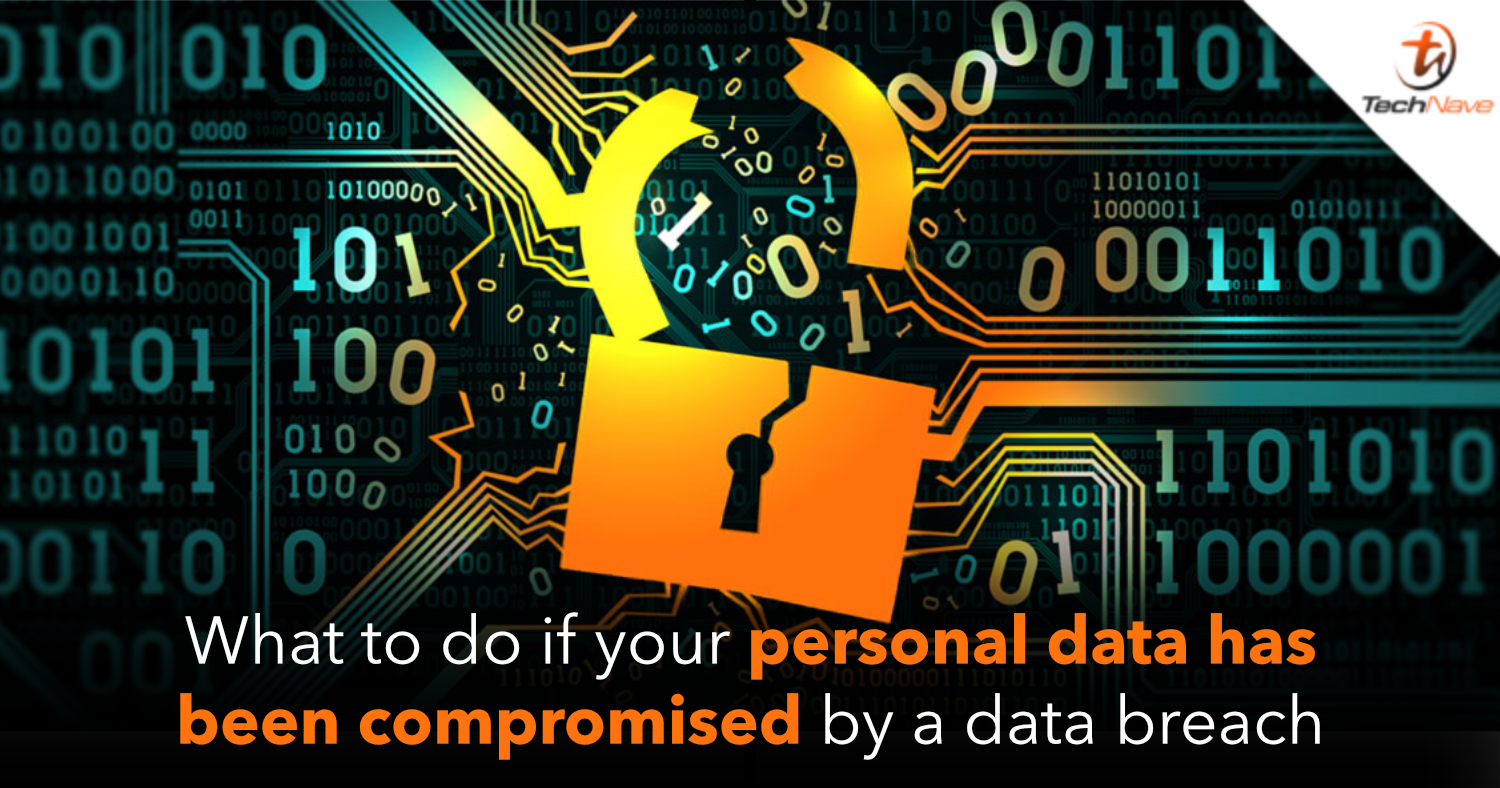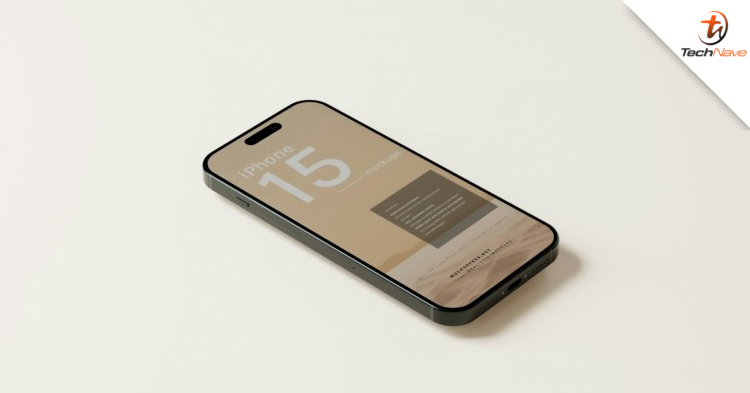
Cybersecurity has been a hot topic in our country recently following a series of high-profile data leaks that have unfortunately affected Malaysians. Just today, we reported on how mobile service provider TuneTalk may have been compromised after its users received sketchy notifications regarding Bitcoin prizes; a tell-tale sign of an online scam.
Furthermore, within this month itself, several other incidents of data breaches have also rocked the nation. These include the compromised card data of iPay88 users and our own Prime Minister’s Telegram account being hacked by irresponsible individuals.

Well, if you think that these data breaches are harmless, then think again as according to a report by NST, a whopping RM5.2 billion has been lost to online scams since 2020! Hence, we should never be complacent when it comes to cybersecurity.
If you’re in the dark about what to do to protect yourself in the digital world, then the following advice from global cybersecurity and digital privacy company Kaspersky could do you a world of good. As shared by its Southeast Asian General Manager Yeo Siang Tiong, read on below to learn of the measures that you can take to safeguard yourself from the adverse repercussions of a cybersecurity breach.
How to stay secure online
As cliché as it sounds, prevention is indeed better than cure and while no one can fully protect themselves from cyber threats, these measures can help to be a 'safety net' against online menaces:
1. Do not log in to sensitive accounts in public
Anytime you are on a public network, limit your usage to activities that do not reveal any of your sensitive information. For example, avoid logging in to your bank account and making transactions while connected to a public WiFi.
2. Avoid suspicious emails and websites
Ransomware is commonplace on mobile devices, where cybercriminals will block access to the device and demand a ransom. The best way to avoid these attacks is to be smart about downloading apps. Stick to official stores, and websites.
If an email or message looks suspicious, do not open it or the link attached to them, as it may be a phishing site created by irresponsible parties.

3. Conduct research on any mobile apps you want or have been asked to download
Before you download and install any mobile apps, besides only downloading from official stores, do make prior research on its developer. Things to look out for include whether they have well-developed terms of service, clear contact information, strict app developer criteria, and a history of providing legitimate content.
4. Check the permissions requested by an app
When downloading a new app on your mobile devices, make sure to not give more permissions to it than what is required. For example, if a non-messaging app requests permission to read your SMS, it's a tell-tale sign that the app may be using that permission as a backdoor to read your OTP for transactions. Moreover, if the app demands too much, try to find something similar with more modest requests.
5. Disable installation of unknown apps
Remember to change your settings back after installation. Do not leave your phone open to malware.
6. Update your apps regularly and make sure to be on the latest OS of your mobile device
These updates may include security patches of known vulnerabilities in past versions of the app or OS. Moreover, these security features are usually given in batches, so always be up-to-date to stay secure.
7. Install antivirus or internet security apps on your devices
Consider this an investment in your personal and financial security and most security apps are free to use with ads anyway. With these apps, you can be notified when something is amiss and even scan files before being opened.

What to do if you've fallen victim to a data breach
If the worst were to happen and your personal data has been compromised due to a security breach, then you need to act quickly to ensure your safety. Should you find yourself in this situation, Kaspersky advises you to perform these measures:
- If a breach could involve your financial information, notify any banks and financial institutions with which you have accounts
- Change the passwords on all your accounts. If there are security questions and answers or PIN codes attached to the accounts, you should change these too. Remember to always utilise strong passwords, such as combining random strings of upper and lower-case letters, numbers and symbols
- You might consider a credit freeze. This stops anyone from using your data for identity theft and borrowing your name
- Do not respond directly to requests from a company to give them personal data after a data breach, it could be a social engineering attack
- Be on your guard for other types of social engineering attacks. A criminal who has accessed your information could contact the victims asking for more information like a credit card and other personal details
- Monitor your accounts for signs of any new activity. If you see transactions you do not recognise, address them immediately
- Close accounts you do not use rather than leaving them dormant
- Be careful of the links you are about to click
- When you are accessing your accounts, make sure you are using the secure HTTPS protocol and not just HTTP

There you have it, several simple measures that could potentially save you from the ill effects of cyber threats. Do you guys have any other tips that we may have missed out on? Moreover, what do you guys think of the cybersecurity issues that have been popping up in our country recently?
Share your views and tips with us in the comments below as we'd love to hear your thoughts. Remember to always stay safe online and as always, do stay tuned to TechNave for more tech tips and the latest trending news in the tech world!
















COMMENTS